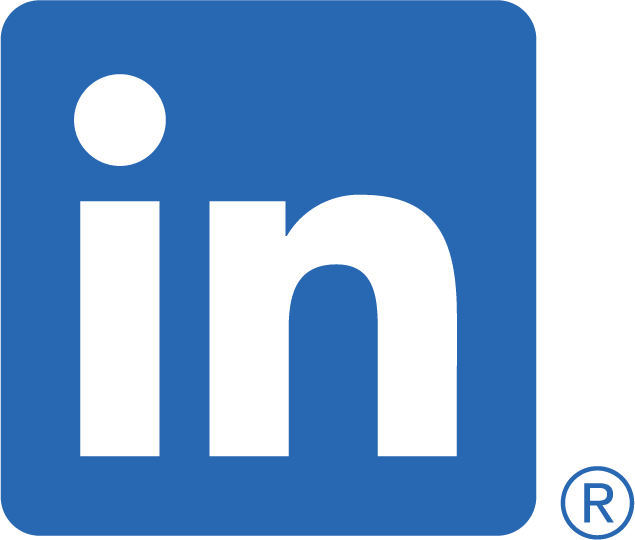Maintaining Open Communication: The Key to Professional Success
Communication is the linchpin that holds together all relationships, professional or otherwise. In the context of the workplace—especially as we navigate the "new normal" of remote work—open, clear communication has never been more vital. Let's explore how you can maintain effective communication at work, grease the wheels of team synergy and accelerate your career progression.

📈 Putting Open Communication in Practice
True open communication is far more than weekly team catch-ups or answering emails promptly; it embodies honesty, transparency, and respect. It means approaching conversations willing to listen as much as to speak, and sharing information that helps everyone work productively.
 Consider a scenario: You're leading a project, and an unexpected setback arises. While it might be tempting to keep this under wraps to maintain team morale, it could lead to larger issues down the line when the problem inevitably surfaces. Open communication would involve informing the team about the setback, explaining the implications, and brainstorming solutions together. This not only keeps everyone on the same page but also promotes trust within the team. 🤝
Consider a scenario: You're leading a project, and an unexpected setback arises. While it might be tempting to keep this under wraps to maintain team morale, it could lead to larger issues down the line when the problem inevitably surfaces. Open communication would involve informing the team about the setback, explaining the implications, and brainstorming solutions together. This not only keeps everyone on the same page but also promotes trust within the team. 🤝
🏋🏽♀️ Strengthening Your Communication Skills
Everyone can stand to improve their communication skills—it's an ongoing process. First and foremost, practice active listening. During conversations, resist the urge to formulate your response while the other person is still speaking. Instead, fully focus on them, respond to their points directly, and ask follow-up questions to show your engagement. 🗣️
Secondly, be mindful of your non-verbal cues, especially as video calls continue to supplant face-to-face meetings. Body language, facial expressions, and tone of voice can often speak louder than words. Keep your body language relaxed, maintain eye contact, and modulate your tone to express empathy or enthusiasm as appropriate. 📹
Finally, practice clarity and brevity in your verbal and written communications. Aim to express your points as succinctly as possible, and prevent misunderstandings with clear, specific language. If you're explaining a complex topic, break it down into manageable, easily digestible parts. 📝
🧩 Navigating Differences in Communication Styles
Workplaces are melting pots of diverse individuals, each with their own unique communication style. Some colleagues might prefer detailed emails, while others thrive on quick, face-to-face interactions. Recognizing these differences is key to maintaining open communication.
To do this, observe your colleagues' communication preferences and adapt where possible. If someone prefers in-person communication, take the time for a quick chat instead of sending an email. Similarly, if a colleague tends to communicate best in writing, send them a detailed message instead of trying to catch them for a hurried conversation. Over time, a flexible approach will foster a more productive and harmonious work environment. 🌐
🗣 Giving and Receiving Feedback Effectively
Feedback is a powerful tool in the workplace, but only when it's communicated effectively. When giving feedback, always aim to be specific, constructive, and solution-oriented. Instead of saying, "Your report was unclear," try saying, "I noticed there were some complex ideas in the report that could be broken down further for clarity."
Receiving feedback can be challenging, but it's crucial for personal growth. Respond to feedback with curiosity, not defensiveness. Ask clarifying questions and seek specific examples to understand the areas of improvement — this will help you develop an action plan for implementing the feedback. 🎯
In conclusion, maintaining open communication is essential for success at the workplace. It builds trust, promotes collaboration, and boosts overall team performance. So, start today—practice active listening, share information transparently, navigate different communication styles, and embrace feedback. You'll soon see the positive impact on your professional relationships and career progression. 🚀





